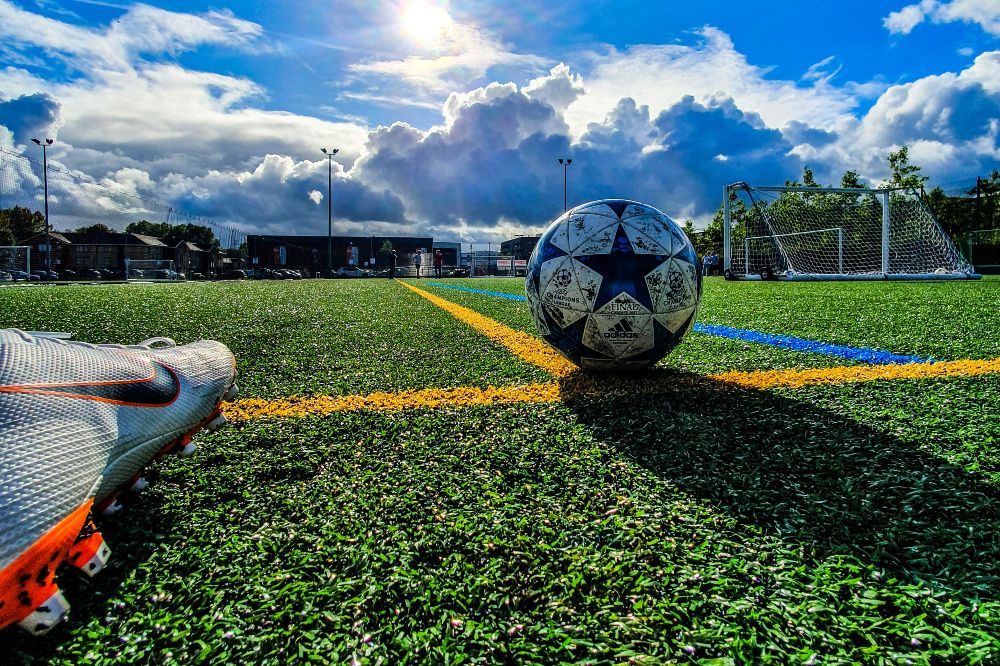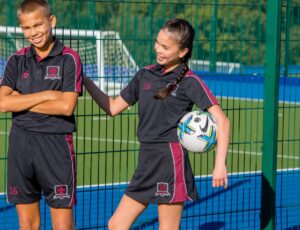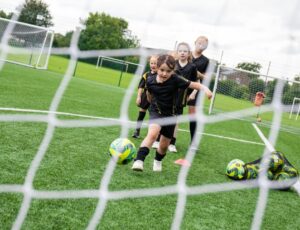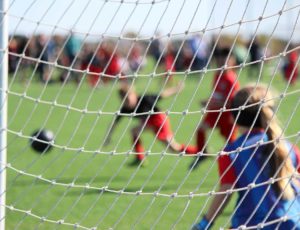
Brand new guidance will help inspire the next generation of British athletes by supporting schools to boost high-quality PE and school sport. The aim is to create the foundations for active healthy lifestyles and help children follow in the footsteps of the sporting heroes they’ll be watching this summer at the Olympics, Paralympics and Euro 2024 football tournament.
As set out in the updated School Sport and Activity Action Plan published last year, the guidance will support schools to offer equal sporting opportunities for girls and boys, alongside a minimum of two hours of PE per week.
Commenting is Youth Sport Trust CEO, Ali Oliver.
“The Youth Sport Trust welcomes the new non-statutory guidance. Children and young people who regularly access physical activity have better physical, mental and social well-being, while maximising PE and school sport can help tackle some of the educational challenges we face around attendance, behaviour and attainment.
“At present, too many children and young people are inactive, with less than half meeting the amount of daily physical activity recommended by the UK’s Chief Medical Officers. This guidance provides school leaders with further insight into why being active is so important for the education and development of young people, and how they can unlock the potential of PE, school sport and physical activity within their school. As a youth-led charity, we are particularly pleased to see recognition of the importance of youth voice embedded throughout.”
Drawing on case studies from across the country, the new guidance inspires schools to offer all pupils inclusive and high-quality PE, sport and physical activity.
It demonstrates how schools can remove barriers to participation in PE by taking the specific needs of pupils into account, embedding plans into the school’s strategy, and building relationships with local and national sport bodies. Using the new guidance will help schools meet both the ambitions of the national curriculum and the Chief Medical Officers’ physical activity guidelines, which recommend that children should take part in moderate to vigorous physical activity for an average of 60 minutes a day.
Examples cited in the guidance include Shoreham Academy, where PE staff worked closely with their Inclusion and Learning Support team to make sure that pupils with special education needs and disabilities (SEND) were able to take part in PE. By purchasing new equipment for accessible activities like Boccia and Goalball, pupils with disabilities such as Muscular Dystrophy and Downs Syndrome have been able to participate fully in school sports.
The guidance also shows how some schools which offer excellent PE and sports provision have seen improvements in pupil behaviour, confidence and well-being, while a strong extra-curricular sports offer at school can develop children’s sense of community and belonging.
Also commenting is Lark Atkin-Davies, England Rugby Women’s player and former teacher.
“Access to PE in school is so important for encouraging girls and boys to be active, stay healthy and develop sporting skills, many of which are transferrable, no matter which sport you’re playing. Sport gives you so much beyond the physical and mental health benefits of being active, it teaches you the value of teamwork, provides leadership skills, builds friendships outside the classroom, and gives you confidence through your sporting achievements.”
The new guidance complements up to £57 million, which is already supporting over one thousand schools across England to open sport facilities outside of the school day. This fund is targeted at girls, disadvantaged pupils and pupils with SEND. Primary schools are also able to draw on over £600 million in funding across academic years 2023/24 and 2024/25 for the PE and Sport Premium, which is designed to help children get an active start in life.













